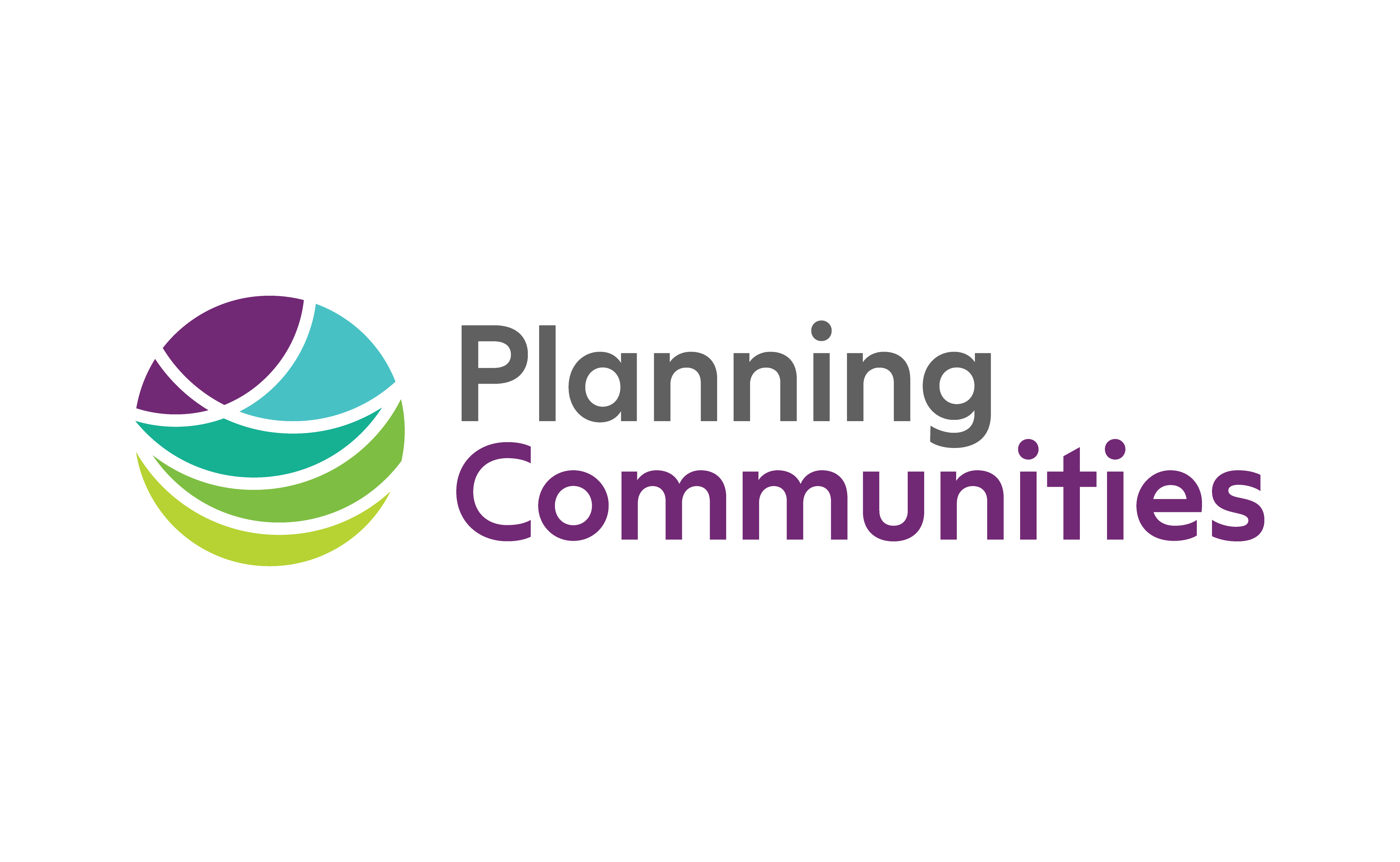

Planning Communities

North Carolina, United States
November 2021
Environmental consulting
Service with Minor Environmental Footprint
United States
Planning Communities’ purpose is to address fundamental local and global challenges in the areas of climate action, clean and renewable energy technologies, economic and community resiliency and adaptation, and healthy and active transportation systems built on an equitable framework. The firm is founded on the principle of doing good in balancing the highest industry standards for people, planet, and profits. Facilitating collaborative planning and developing smart and actionable climate solutions is Planning Communities passion! The firm specializes in developing fun and engaging planning tools and geospatial-based analysis, applications, resources and data-derived insights needed to solve complex community, environmental, economic and infrastructure challenges. The firm‘s enthusiasm and rich experience helps communities enhance their knowledge and create implementation and lasting commitment to environmental, sustainable, and equitable practices through energized visioning, goal-setting, process and systems reviews, and performance tracking.
Overall B Impact Score
Governance 14.7
Governance evaluates a company's overall mission, engagement around its social/environmental impact, ethics, and transparency. This section also evaluates the ability of a company to protect their mission and formally consider stakeholders in decision making through their corporate structure (e.g. benefit corporation) or corporate governing documents.
What is this? A company with an Impact Business Model is intentionally designed to create a specific positive outcome for one of its stakeholders - such as workers, community, environment, or customers.
Workers 28.4
Workers evaluates a company’s contributions to its employees’ financial security, health & safety, wellness, career development, and engagement & satisfaction. In addition, this section recognizes business models designed to benefit workers, such as companies that are at least 40% owned by non-executive employees and those that have workforce development programs to support individuals with barriers to employment.
Community 23.6
Community evaluates a company’s engagement with and impact on the communities in which it operates, hires from, and sources from. Topics include diversity, equity & inclusion, economic impact, civic engagement, charitable giving, and supply chain management. In addition, this section recognizes business models that are designed to address specific community-oriented problems, such as poverty alleviation through fair trade sourcing or distribution via microenterprises, producer cooperative models, locally focused economic development, and formal charitable giving commitments.
Environment 8.5
Environment evaluates a company’s overall environmental management practices as well as its impact on the air, climate, water, land, and biodiversity. This includes the direct impact of a company’s operations and, when applicable its supply chain and distribution channels. This section also recognizes companies with environmentally innovative production processes and those that sell products or services that have a positive environmental impact. Some examples might include products and services that create renewable energy, reduce consumption or waste, conserve land or wildlife, provide less toxic alternatives to the market, or educate people about environmental problems.
Customers 32.6
Customers evaluates a company’s stewardship of its customers through the quality of its products and services, ethical marketing, data privacy and security, and feedback channels. In addition, this section recognizes products or services that are designed to address a particular social problem for or through its customers, such as health or educational products, arts & media products, serving underserved customers/clients, and services that improve the social impact of other businesses or organizations.
What is this? A company with an Impact Business Model is intentionally designed to create a specific positive outcome for one of its stakeholders - such as workers, community, environment, or customers.